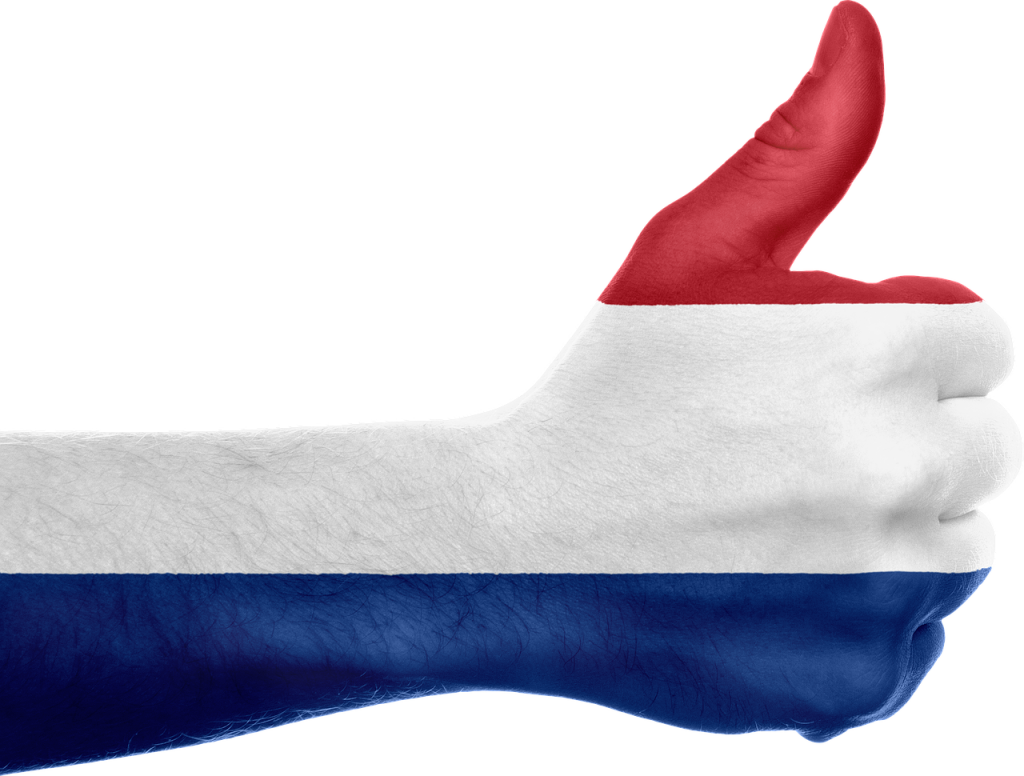to patronize [verb] [be-tut-tel-de, be-tut-teld] ![]()
"Tut" is an informal derogative for a somewhat stupid goose of a woman. "Betuttelen" would actually be something like "to treat like a ‘tut’ ". Don’t confuse "tut" with the far more rude "trut", which translates to "b*tch"…
The related noun is "betutteling", see also Extra.
Examples:
– "Frank betuttelt zijn vriendin verschrikkelijk in het openbaar."
("Frank dreadfully patronizes his girlfriend in public.")
– "Je moet een jong kind niet te veel betuttelen."
("You shouldn’t patronize a young child too much.")
– "Al die betuttelende regels van deze regering maken me gek!"
("All those patronizing rules of this government make me crazy!")
Expressions:
– "Iemand de les lezen": to lecture someone.
Related words:
– Beschermen: to protect [verb] [beschermde, beschermd].
– (Onder)steunen: to support [verb] [(onder)steunde, (onder)steund].
Extra:
The Dutch don’t like to be "betutteld". In fact, the Dutch complain a lot about being "betutteld" by the government. A lot of the Dutch – especially the smokers – consider the recent ban on smoking in bars and restaurants a serious form of "betutteling", as well as the even more recent ban on hallucinogenic mushrooms (the so called paddos). Some believe that the christian parties (CDA and CU) within the Dutch Cabinet and Parliament are mainly responsible for this…Apparently, there’s even a party that protest against any kind government-driven kind of "betutteling" or patronizing…



 “Dat komt goed uit” is literally translated as “that comes good out” 😉 The verb in the phrase is “uitkomen” which has several meanings, such as “to end up, to lead to, to come out, to be disclosed”. “Dat komt goed uit” is used when two events luckily coincide, making things easier for the people involved. Since it is often used as a reply to a proposition, people might add “me”: “dat komt me goed uit”, or “that suits me fine” or “that is very convenient for me”.
“Dat komt goed uit” is literally translated as “that comes good out” 😉 The verb in the phrase is “uitkomen” which has several meanings, such as “to end up, to lead to, to come out, to be disclosed”. “Dat komt goed uit” is used when two events luckily coincide, making things easier for the people involved. Since it is often used as a reply to a proposition, people might add “me”: “dat komt me goed uit”, or “that suits me fine” or “that is very convenient for me”.